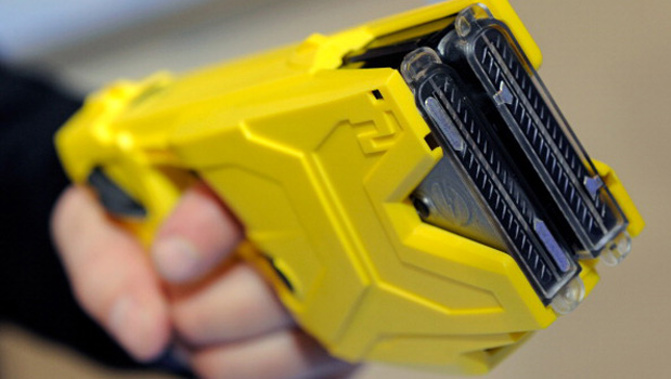
Caution is being urged to ensure vulnerable people aren't more likely to be confronted with a taser.
While most already have access to tasers locked in their cars, all frontline officers will soon be routinely carrying them on their uniform.
Auckland University senior nursing lecturer Dr Tony O'Brien co-authored a review examining police use of tasers in mental health emergencies.
He says it found it was more likely a taser would be used where someone had a mental illness.
"So our concern is to have enough protections in place to see that that doesn't happen on a wider scale."
Police are taught to use communication skills first, which Dr O'Brien says needs to continue.
"Especially with people in mental health crisis - understanding that communication is the way to approach people. I say this knowing that the police do accept that. But they also say 'well we're not mental health specialists', and there are difficulties for them.
"But what it's about is that I think there's a danger with the number of tasers that are going to be available that there will be creep, in terms of the threshold, and that police will be more ready to use a taser."
Dr O'Brien says part of the way tasers are designed to work is to come across as a threat, which is fine with criminals.
"But with a person with mental illness, you don't want to be threatening."
He says police need to be careful and mindful of the rights and needs of people with mental illness.
Take your Radio, Podcasts and Music with you









